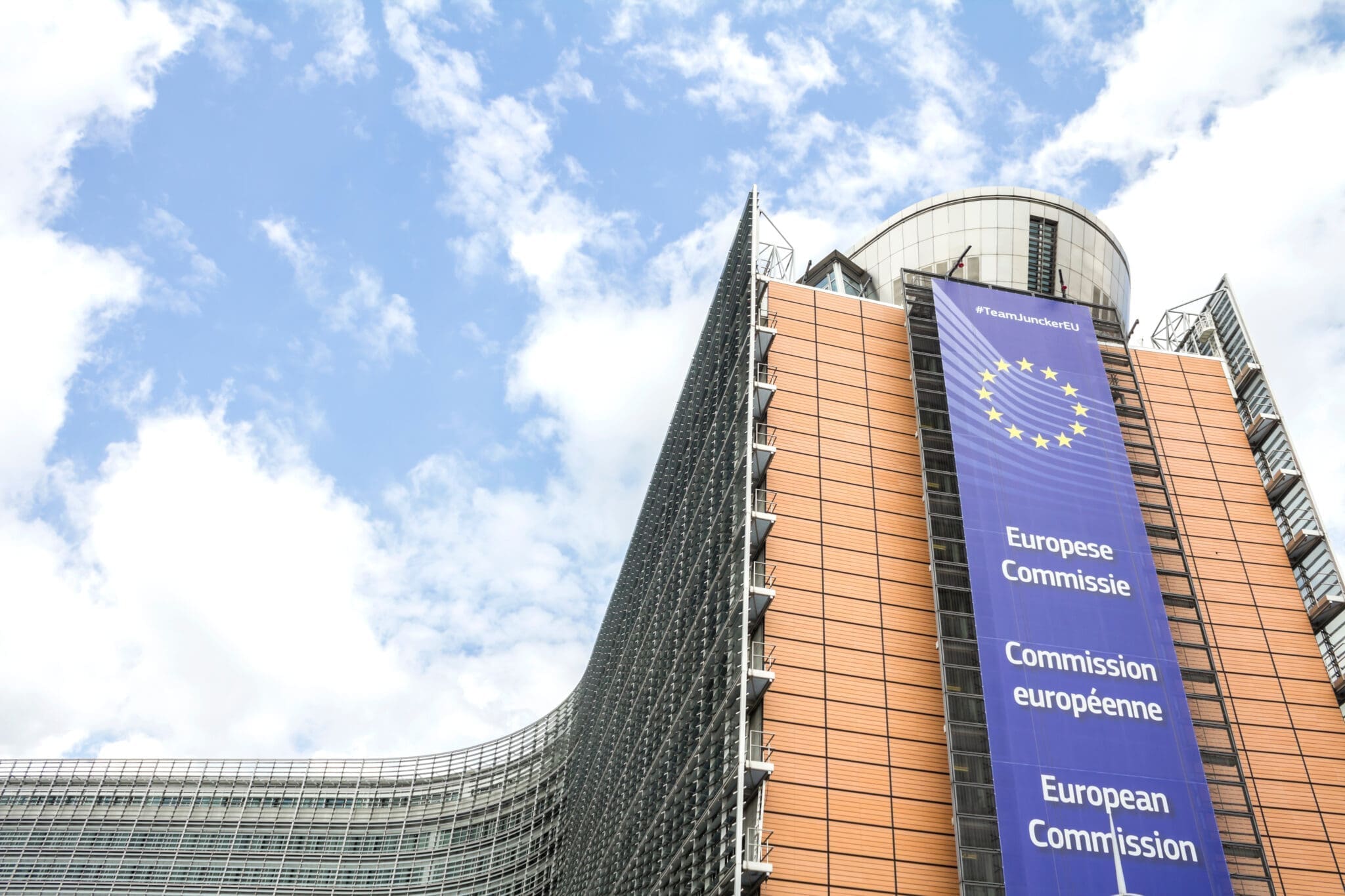We may believe that ethics are completely embedded in companies and in everybody’s minds. However, there is a lot of evidence that this is far from the truth. According to Global Slavery Index data, an estimated 40.3 million men, women and children were victims of modern slavery on any given day in 2016. Regardless of size, population or wealth, there is no country in the world free from modern slavery.
Eradicating modern slavery is one of the Sustainable Development Goals (SDGs) set for 2030 by the member countries of the United Nations. Specifically, Goal 8.7 of the SDGs urges governments to: “Take immediate and effective measures to eradicate forced labour, end modern slavery and human trafficking and secure the prohibition and elimination of the worst forms of child labour, including recruitment and use of child soldiers, and by 2025 end child labour in all its forms.” Although things are improving, the problem is often rooted in the inability to detect this type of slavery, and this is where business ethics plays a vital role.
The benefits of business ethics
There are many different definitions and understandings of “business ethics”. The European Business Ethics Network (EBEN) defines it as follows: “a reflection on the business practices involving the norms and values of individuals, companies and society”.
But how do business ethics benefit organisations? Some business owners may believe that complying with a series of ethical practices benefits society as a whole, but don’t see what it has to do with their business. Yet, there is proof that it does have a positive impact on the organisation and on all of its partners. As explained by Fermin Diez, Regional HR Business Partner Lead at Achilles: “From employee morale to accounting practice and customer loyalty, business ethics have become the cornerstone of successful organisations. According to the Ethisphere Institute, the most ethical companies in the world have historically performed better than those lacking in business ethics in financial terms, thus showing an implicit link between ethics and business success: sound ethics is good for business. Implementing a sound ethical policy at a company ensures a positive impact on all stakeholders, from investors to employees to consumers.”
Edita Olaizola, Board member of Greenpeace Spain, Director of Internal Ecosystem at PeoplePlus!Profit and regular contributor to Diario Responsable, tells us of the inevitable link between ethics in organisations and their financial return: “We have reached a point whereby the two are so closely connected that a company with unethical practices is bound to go under. There are a number of reasons for this, one of which is that millennials and centennials, who are now holding positions of power in organisations, look at life very differently from what we have been used to thus far: they gather information, they are committed to the planet and the future, they are very proactive and are certain that they will not allow things to continue to be money-focused. Values are essential for the new generations, and they therefore make sure they are fully informed before buying. Companies are beginning to realise the importance of this movement, so much so that over 75% of companies have implemented a code of ethics.”
Ethics outside of the organisation
Business ethics should not just be a part of an organisation. We should extend the business model to members and the supply chain. As Edita explains, “It is essential in this interconnected and interdependent world as the goods and services offered by a company depend greatly on the value chain: for example, companies are increasingly having to tell their customers (actual and potential) about how decent their solution is, the care taken not to harm third parties, the control procedures in place so that all links in the value chain apply the best practices agreed, etc., etc.; in other words, proof that their activities are based on justice, respect, collaboration, etc., all of which comes under the title of ethics.”
According to the GSI, Spain is fourth in the rankings of countries most dependent on modern slavery in the supply chain of the fishing industry. Modern slavery is often concealed in the supply chain and, although the complex nature of supply chains makes it difficult to uncover, there are a number of actions we can take to help eradicate this global problem.
According to our data, 7% of the suppliers registered in the Repro community from the Spanish energy and services sector state that they have no system in place for detecting and/or eradicating modern slavery. Relying on accurate supply chain data can help you make the right decisions and reduce risk in the supply chain. Our Insights data analysis tool allows you to analyse supply chain risk, quickly and intuitively displaying which suppliers meet your standards and comparing them for the purposes of carrying out ethical procurement. For essential or high-risk suppliers requiring extra validation, we perform Ethical Employment Audits.
Upon discovering that a supplier does not meet the company’s requirements in terms of ethics, we need to help them improve. Rejecting suppliers reduces the group of companies available and increases prices. The aim is to equip the supplier with the tools needed to establish plans to improve and meet standards, and this is part of our audit process.


